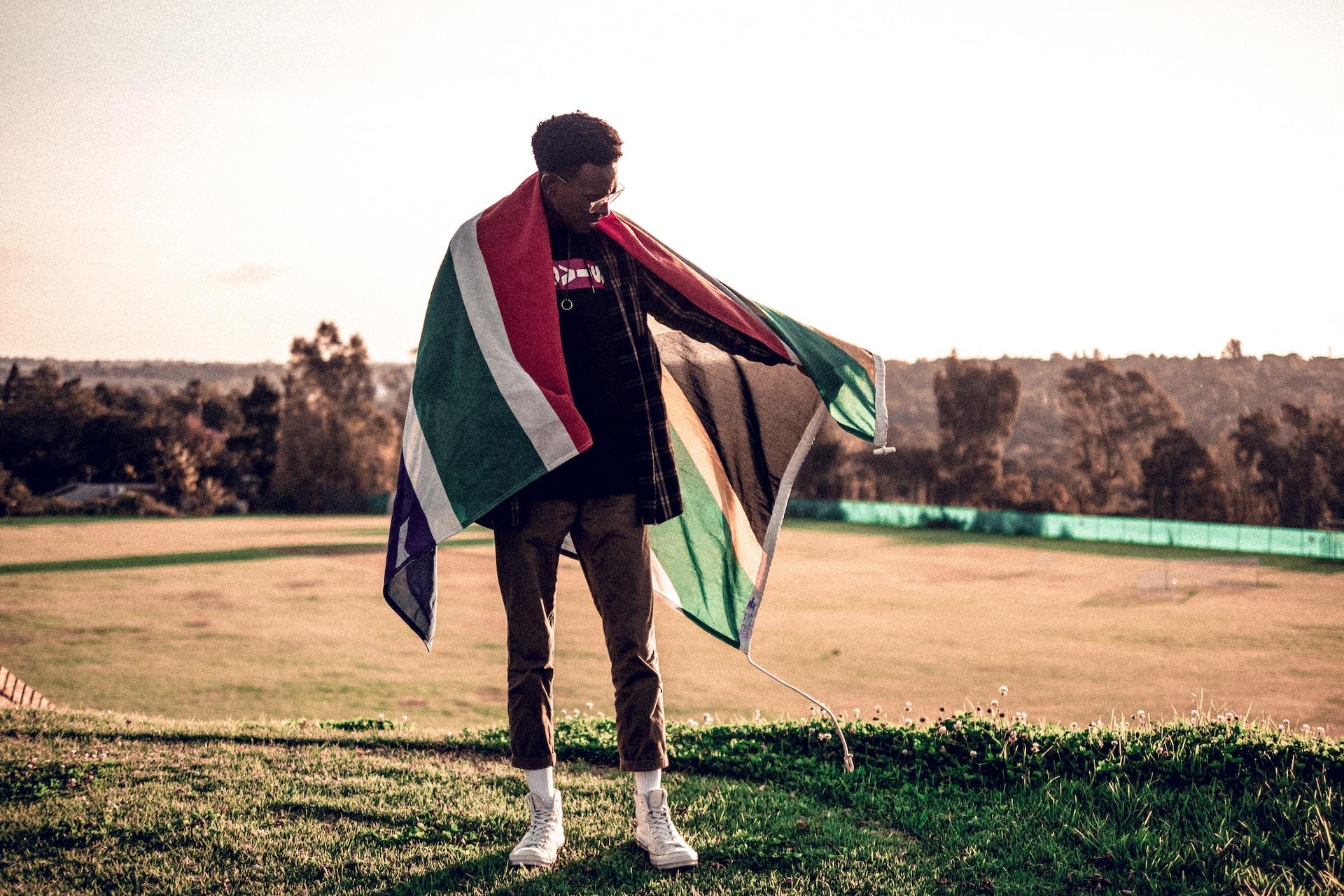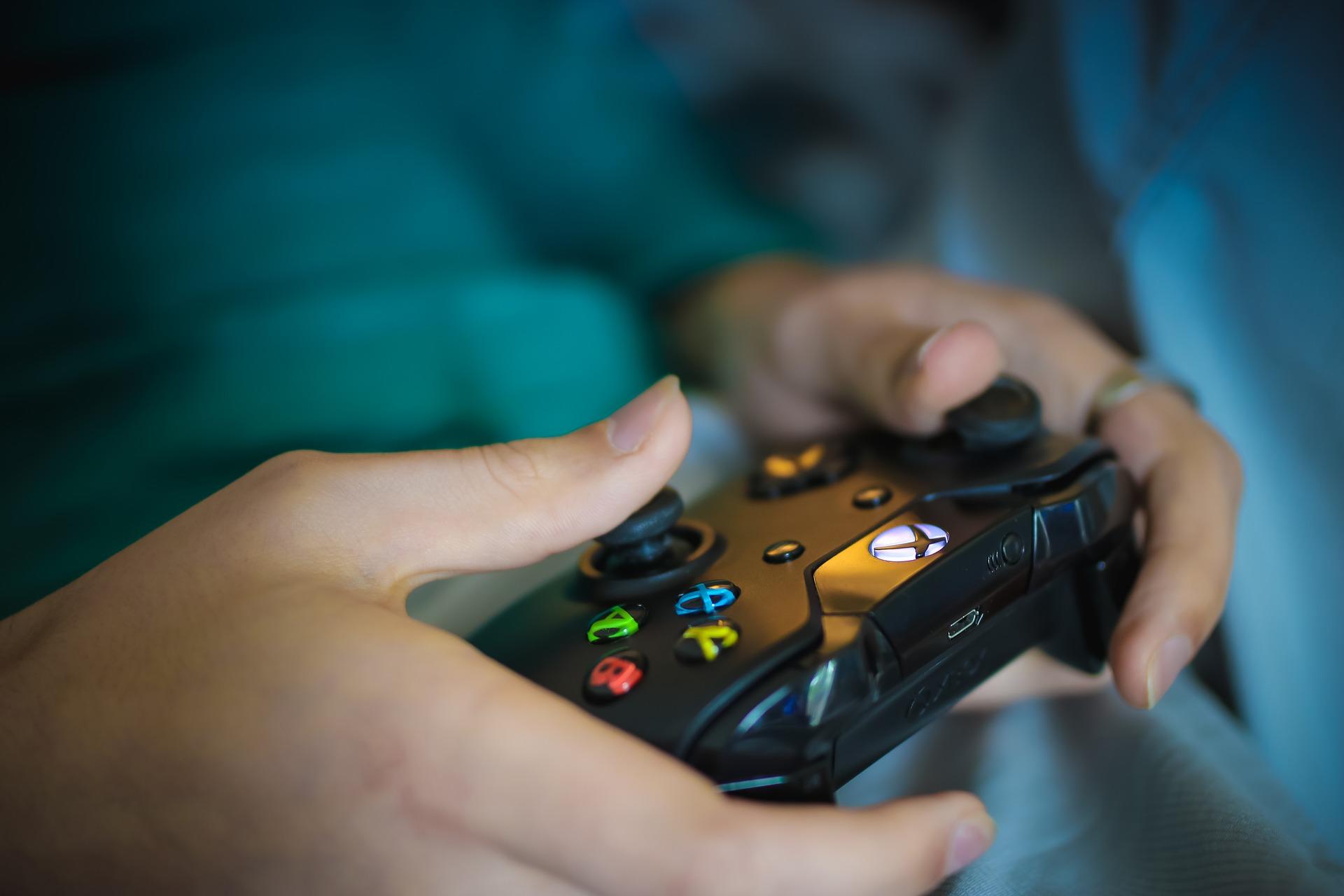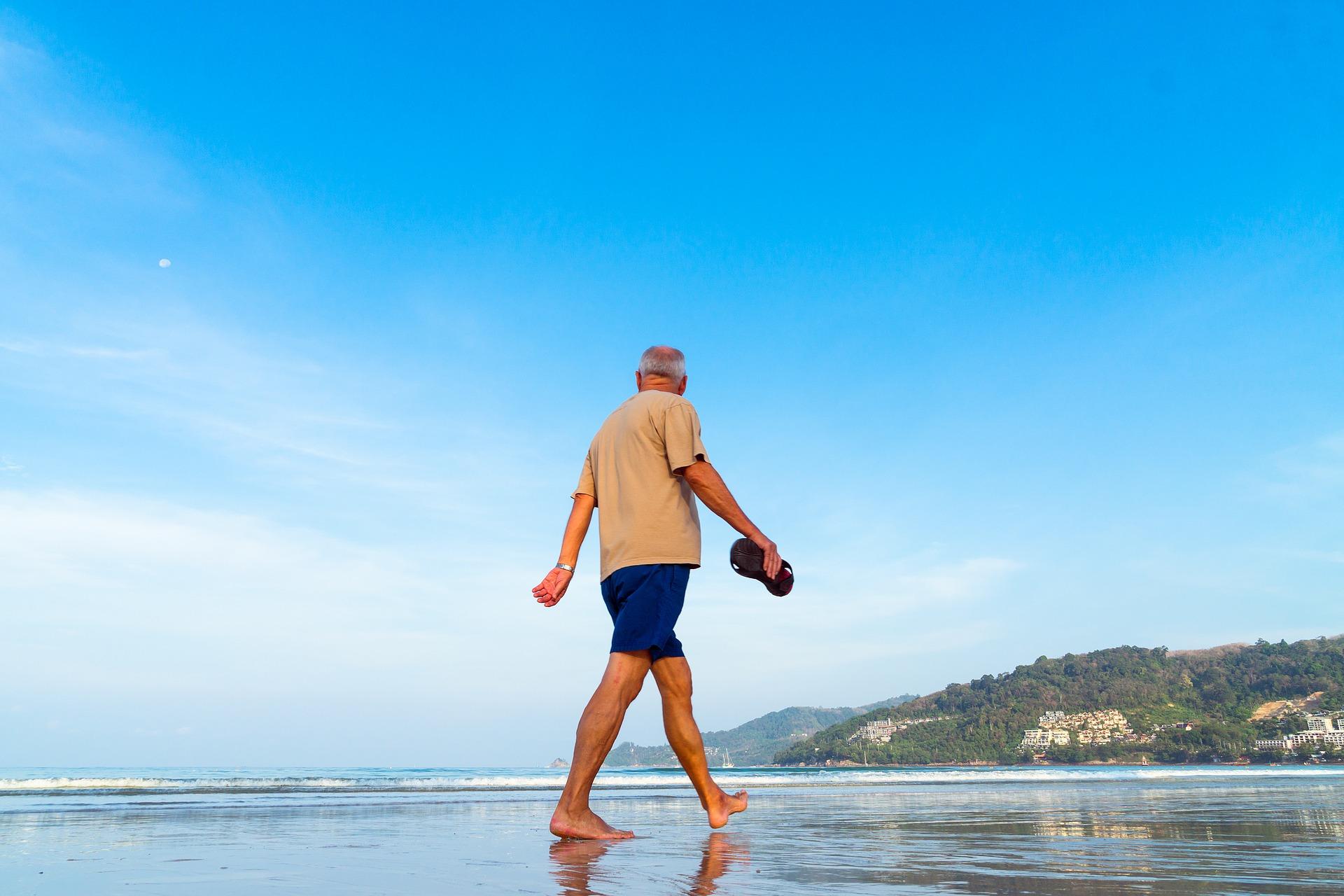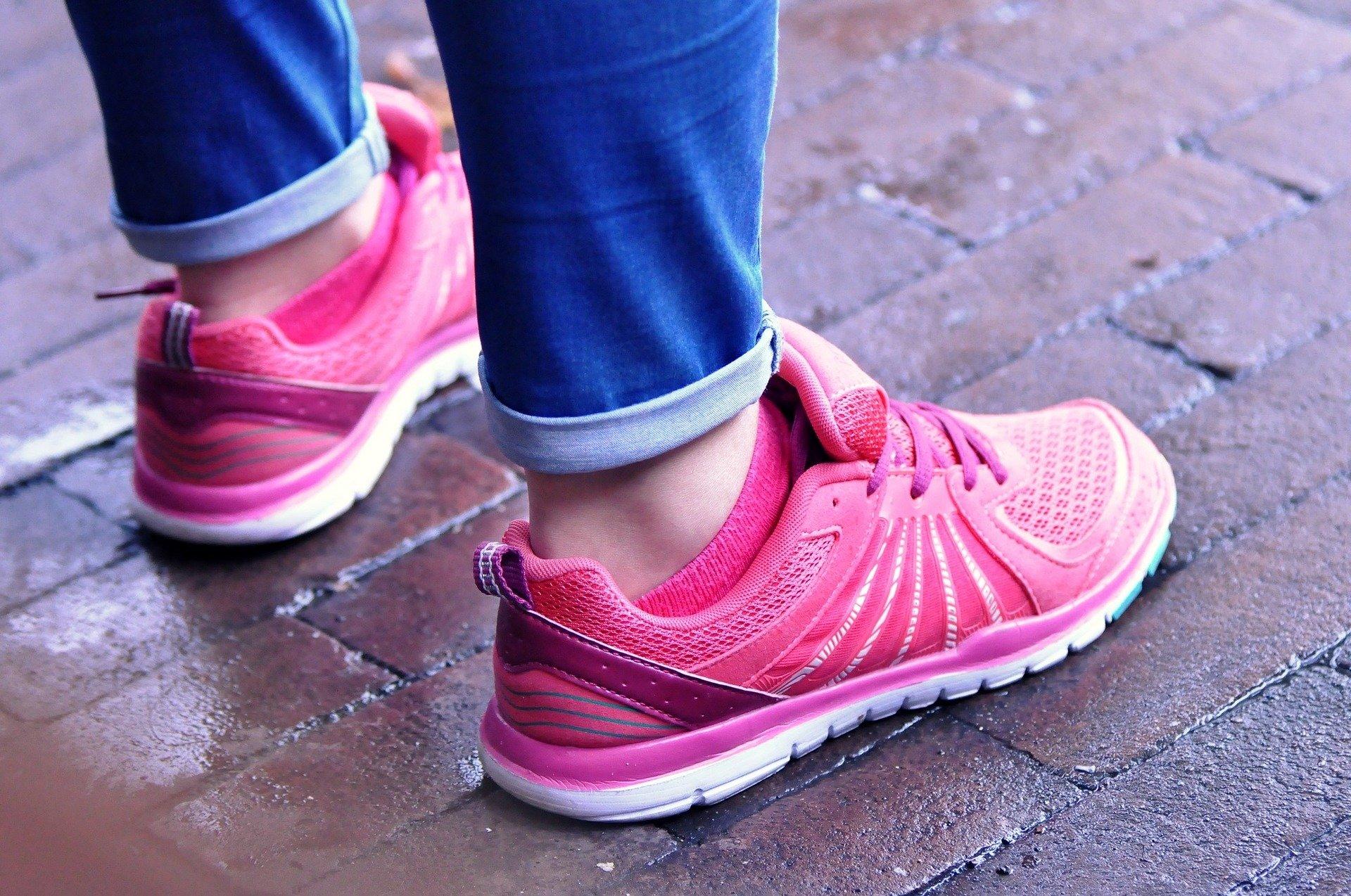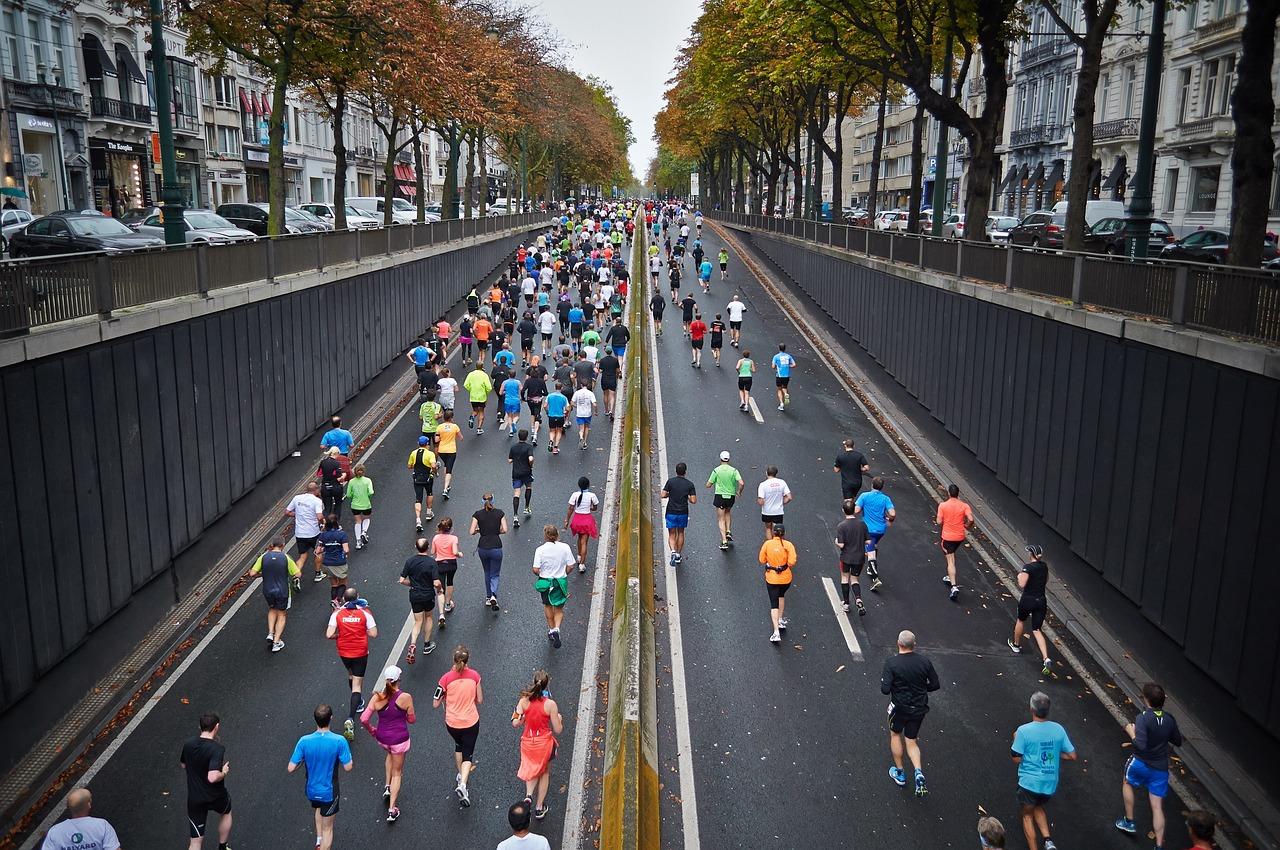It may seem bizarre, but if you have ever engaged in choosing teams for your cricket or soccer sides, you have engaged in the politics of sports! Think about all the decisions that were made regarding who would play, who wouldn’t, which positions would be filled by whom and which rules would govern the game.
Sport and politics is very prevalent in football where you might hear words along the lines of “my ball, my rules.”
It’s important to note that when it comes to politics in sports things can look very different. One would assume that professionals know their positions, while outside governing bodies go about making the rules. After that, depending on the event and sport, referees or judges make decisions based on wins or highest scores.
When it comes to amateur and professional sports politics, things are very different. Every athlete already knows their position and an outside party, a governing body, makes the rules. Depending on the sport and the type of event, judges or referees decide who wins or scores the highest. All the athletes have to do is perform.
Sport and politics at professional or competitive levels require sports diplomacy. This is a kind of soft power given to athletes to represent the politics and ethos of their nations as best they can.
There is no doubt an important relationship between professional athletes and politics
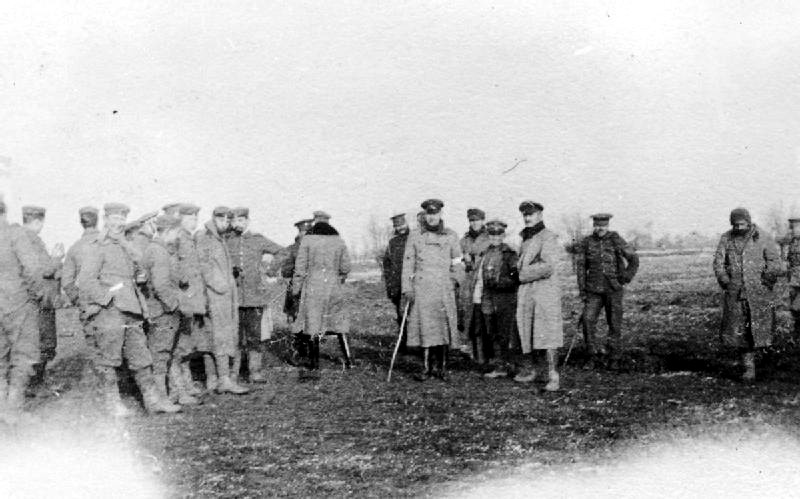
As you can tell, unlike your childhood soccer matches, politics and sports are something that all professional athletes need to include as aspects of their careers.
Let’s examine a few noteworthy instances of politics in sports in recent times.

The Christmas Truce
Imagine a murky winter battlefield where troops were entrenched on both sides a divide ominously known as the no man's land. It's almost Christmas; only a few weeks before, the Pope has called for a cease-fire so that men might return to celebrate Christmas with their families.
Who suspends a war for holiday celebrations?
Soldiers on both sides of the divide did just that. Despite their superior’s refusals, these men marked the holiday in the most unique and memorable way.
It began on Christmas Eve, with German and British troops singing Christmas carols loud enough to be heard across the divide. Whether it was a shared attempt to show their humanity or for their own solace, it was the action that got the truce underway.
The following morning, German troops left their trenches to take gifts and Christmas greetings to civilians and loved ones. Naturally wary at first, the British feared a trap, but when they realised that their opponents were not armed they too left their trenches with gifts of cigarettes and plum puddings. Both sides spent the day singing and praising in unison.
During this unusual truce, a meeting of politics and sports emerged through a football game. What else could they do apart from teaming up for some lively sport?
That strange and wonderful Christmas, only a few months in the First World War is one of the best examples of the power of diplomacy through politics and sport.
Athletes in Politics: Dennis Rodman in North Korea
Believe it or not, there have been other strange examples too:
During 2013, a well-known and flamboyant NBA star called Dennis Rodman hitched a ride through North Korea with Harlem Globetrotters. Along the way, he met a fan called Leader Kim, who Rodman later proclaimed a friend for life.

How he later got the idea to push the US and The Hermit Kingdom closer together is still a mystery, however, it is another unlikely example of how athletes and politics tend to cross paths.
When he returned to North Korea four years later to see Leader Kim, he was also hosted by the Minister of Sports who took him on various tours of facilities and basketball tours. He visited again in 2018 when the two Koreas united for the purposes of the Olympics. This in itself is one of the most sterling efforts of sports diplomacy through politics in sports.
Rodman’s future plans for Korea are not known, but as a country, Korea continues to overlap its politics and sports, especially in the area of sports doping.
Putin's Football
The former US president's meeting in 2018 meeting with Putin, the Russian president in Helsinki made headlines for several reasons. The one worth noting is when the Russian leader gave Trump a football while saying “the ball is now in your court.”
We’ll have to overlook the fact that football is actually played on a pitch. The sentiment was there, although for the reference to be correct the leader should have rather handed over a tennis ball. But what did he mean by the phrase and what move did he hope for the American president to make?
Well, the gift was no ordinary football. It happened to be the official World Cup ball and no doubt highlighted that Russia had just wrapped up its hosting of the FIFA World Cup.
Evidently, the significance was lost on Trump who is reported to have tossed it to his wife and would later hand it to his son.
It’s not unlikely that the two bull-headed leaders were simply unaware of each other’s preferences.
In general, the US is not keen on soccer, regardless of the amount of FIFA fans they may have. Perhaps of more relevance is that there has seldom been a less athletically inclined president than #45. Thus, gifting him the ball seems somewhat of a faux-pas. Either way, Trump could have shown his awareness of the significance of the gift, especially since any country that gets to host the FIFA World Cup has the opportunity to top up the national coffers.
In the end, this sport and politics incident was an example of a diplomatic failure.

Nelson Mandela's Rugby Challenge
Rugby had been a favourite national pastime for South Africans for over 90 years, however, in days gone by, mostly for white South Africans. Sadly, in 1953, a cruel political system called apartheid came into power that saw the country’s black population become oppressed in every sphere of life including sport.
The global sports community were outraged. From 1964, politics in sports insisted that all South African athletes were formally excluded from all Olympic events. Global sentiment registered its protest against the hateful regime where only white athletes received funding and support in South Africa.
Similarly, South Africa’s rugby team, the Springboks were banned from both the 1987 and 1991 World Cup events.
Eventually, heinous apartheid structures were dismantled and in 1994 South Africa’s first democratic government under the leadership of Nelson Mandela was formed. As the first democratic president and having only been released from prison in 1990, Mandela dedicated himself to fostering unity amongst a very diverse nation.
In a visionary move, Mandela saw rugby as the perfect vehicle to meet his goals.
This was met by resistance from the entire black South African population and even his estranged wife who saw it as a way to cosy up to white oppressors. On the contrary, his plan was to turn the popular sport into a truly national sport. It took much discussion and appeasing and even though he faced much resistance in trying to use sport and politics as a strategy, he continued in his endeavours.
Before the game against the New Zealand All Blacks, the revised national anthem, a blend of the traditional Afrikaans anthem and a liberation song from the anti-apartheid era blared throughout the stadium. The final note sounded to the entrance of President Mandela entering the arena with mostly white spectators calling his name.
Mandela had been working behind the scenes as the perfect ambassador for the politics of sports. He established relationships with the team in order to gain their trust and partnership. Instead of throwing the game as might have been expected because a black man led the country, they played to win, which they did.
An overjoyed nation united through politics and sports and even though much work still needs to be done to heal racial tension that still exists today, it was the start of using athletes and politics to unify a broken nation.
The event will forever go down as a historic moment in the politics of sports as the unusual sounds of a white spectator body hailed their first black president after years of segregation.
Find out more about the politics of sport and how women have struggled for equality in sports.
There is no doubt, that there is a significant link between athletes and politics that often has a way to bring peace and unity to even the most hopeless situations.
Summarise with AI

















